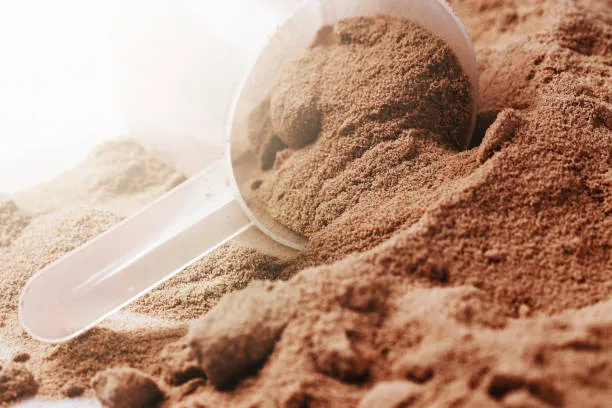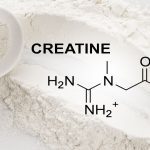Protein is a crucial macronutrient that plays a vital role in building and repairing tissues, producing enzymes and hormones, and supporting overall health. However, the amount of protein one should consume daily can vary significantly based on factors such as weight and physical activity levels. In this article, we’ll break down the latest scientific recommendations for daily protein intake, tailored to different activity levels and based on weight in pounds.
Understanding Protein Needs
The Recommended Dietary Allowance (RDA) for protein is generally set at 0.36 grams per pound of body weight for sedentary adults[1]. That recommendation often comes with warnings about exceeding that amount with scare tactics of potential kidney damage or the evils of animal proteins. However, this is a baseline figure, and actual needs can vary based on activity levels and specific health goals. Let’s take a look at what suggested protein intake should be based on your activity levels.
Protein Intake Based on Activity Levels
- Sedentary Individuals
- Recommendation: 0.36 grams per pound of body weight.
- Example: A 150-pound person would need approximately 54 grams of protein per day.
- Research Insight: This amount is sufficient to meet the basic nutritional requirements and maintain overall health[1].
- Moderate Activity (e.g., light exercise or walking)
- Recommendation: 0.5 to 0.7 grams per pound of body weight.
- Example: A 150-pound person would need between 75 and 105 grams of protein per day.
- Research Insight: Moderate activity increases protein needs to support muscle maintenance and repair[2].
- High Activity (e.g., regular intense exercise, athletes)
- Recommendation: 0.7 to 1.0 grams per pound of body weight.
- Example: A 150-pound person would need between 105 and 150 grams of protein per day.
- Research Insight: High activity levels significantly increase protein requirements to support muscle growth and recovery[3].
- Very High Activity (e.g., bodybuilders, endurance athletes)
- Recommendation: 1.0 to 1.2 grams per pound of body weight.
- Example: A 150-pound person would need between 150 and 180 grams of protein per day.
- Research Insight: Very high activity levels demand substantial protein intake to optimize performance and muscle synthesis[2].
Special Considerations
- Older Adults: Protein needs may increase with age to help counteract muscle loss. Recommendations suggest 0.45 to 0.6 grams per pound of body weight[5].
- Weight Loss: Higher protein intake can help preserve lean muscle mass during weight loss. Aim for the higher end of the recommended range for your activity level[4].
- Health Conditions: Those with renal issues might require lower protein diets but balanced with essential amino acids; always consult with healthcare providers.
Practical Implementation:
- Protein Quality: Look for the Protein Digestibility Corrected Amino Acid Score (PDCAAS) or Digestible Indispensable Amino Acid Score (DIAAS) when assessing protein quality.
- Supplementation: Strategic use of supplements like hydrolyzed whey for rapid amino acid delivery or casein for prolonged release.
- Bioavailability: Consider food preparation methods (e.g., cooking temperatures) that affect protein digestibility.
- Synergistic Nutrients: Co-ingest carbohydrates for insulin stimulation to enhance protein uptake, especially post-exercise.
Max Amount
The study, conducted by Trommelen et al., observed that the body’s muscle protein synthesis (MPS) continues to respond positively to higher amounts of protein intake, contrary to the previous belief that MPS plateaus after about 20-25 grams. This suggests that the body can effectively utilize larger quantities of protein than previously thought.
Conclusion
Determining the right amount of protein for your daily intake depends on your weight and activity level. By considering the type, timing, and quality of protein, along with individual physiological responses, you can tailor your diet to not merely meet but optimize your body’s needs aiming for not just health maintenance but performance enhancement and longevity. Feel free to adjust your protein intake based on your specific needs and consult with a healthcare professional for personalized advice. Happy eating, stay healthy and get Wheysted!
References
- How much protein do you need every day? – Harvard Health
- PROTEIN INTAKE FOR OPTIMAL MUSCLE MAINTENANCE – American College of …
- 7.5 Estimating Protein Needs – Nutrition and Physical Fitness
- Higher protein intake while dieting leads to healthier eating
- New Study Shows Many U.S. Adults Have Limited Daily Protein – Abbott
- New Study on Protein Timing: Even 100 Grams Per Meal Isn’t Wasted







